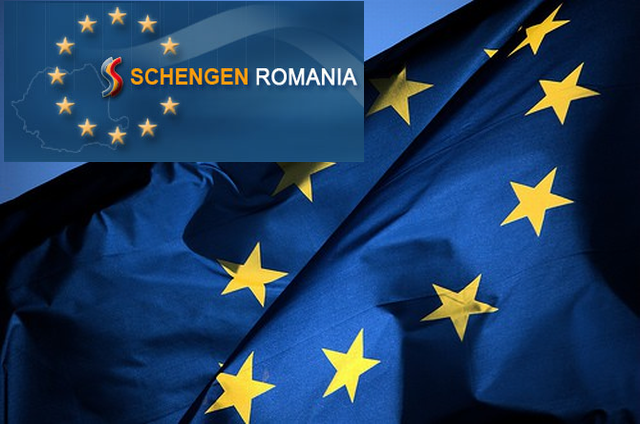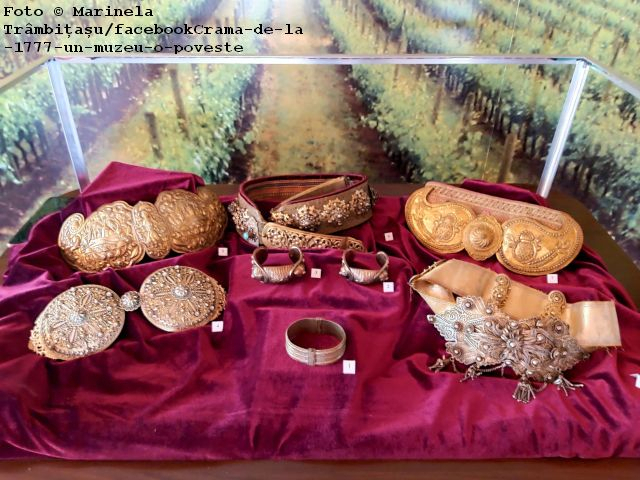The Road to Schengen
Recently, German Chancellor Olaf Scholz said that Croatia, Romania, and Bulgaria are meeting all the technical requirements to become full members

Corina Cristea, 09.09.2022, 03:12
Recently, German Chancellor Olaf Scholz made a statement, saying that the Schengen Area is one of the EUs highest achievements, which has to be protected and developed. He said that Croatia, Romania, and Bulgaria are meeting all the technical requirements to become full members, and that he would act for them to become such members. This statement, coming after years in which Germany and the Low Countries opposed Romanias joining the European free circulation area, rekindled in Bucharest the hope that one of Romanias main foreign policy aims is within reach. How important is this announcement? Foreign Minister Bogdan Aurescu answered:
“It is a very important announcement, because it is for the first time when Germany announces, at the highest level, and with no conditions, political support for Romania joining the Schengen Area. This announcement comes at the half of June, during the visit made to Romania, to Constanta, by French President Emmanuel Macron, who also announced support from France for this political aim. Again, with no strings attached. Which means that we have support from the most important states in the EU, and, at the same time, states that in the past expressed some reservations for this aim to join the Schengen Area.”
Bucharest did its due diligence, but, in spite of meeting the acquis, the moment of integration, initially expected in March 2011, didnt seem even close any more. Lately, however, the signals were multiplying, and Romanias representatives were getting signs of support from several European capitals, such as Helsinki and Copenhagen. Radu Magdin, a foreign policy consultant, analyst, and commentator, estimated for Radio Romania that there is a ways to go until the moment of accession:
“This will definitely take a while. Dont expect that now, miraculously, suddenly, in just a few days, the Dutch government would come in say that, oh, we saw what the Germans have said, and considering that they are bigger and stronger, and we are joined at the hip usually, we will remove any opposition for Romania and Bulgaria joining the Schengen Area. The political message is indeed important. The Dutch opposition to our accession, at least for the time being, is here to stay, meaning that we wont see a change in attitude any time soon. Again, the political signal matters. I say that because many time, in European circles, when a country of the so-called core of the EU, one of which is the Netherlands, as a founding state of the European project, next to Benelux, Germany, France, and Italy, when such a state opposes the punctual aim of a given state, many in the area of analysis think that they might be supported from behind by a larger partner. So, in the context in which Germany issued such a strong statement, we can also conclude that, most likely, Germany would be in step with France in such cases. So we can conclude that any opposition from Holland, aside from their punctual objection, doesnt exist any more.”
We asked Radu Magdin what Romania has to gain from joining the Schengen Area, and what impact it would have for Romanian citizens.
“Basically, they no longer have to pass border controls, whether at the airport or at customs points. So, you can go unfettered to France or Spain, you can take a train to Germany or Belgium, with no controls, so these are some examples. For transportation firms, things really have a stake, and we discovered this stake, especially in the context in which our customs points have become more and more crowded, given the solidarity with Ukraine. Romania, as a key logistic hub, could become even more important than Poland, given the present situation of Ukraine, but also its future reconstruction. So, the fact that we have seen early in the war in Ukraine, how the border between Romania and Hungary got very crowded, and we saw frustration rise at the customs regime between the two countries, that was concrete proof of what the Schengen Area could mean. Schengen would have meant that you could painlessly cross by car from Romania to Hungary, the latter being in the Schengen Area, going on to Austria or other states.”
In other words, the transportation companies would not have spent hours upon hours to get in or out of the country. However, it remains to be seen when the accession would actually take place. As Radu Magdin added, political statements such as that from Germany have been lacking. Including one from the EC, which periodically admitted that Romania was doing right by its Schengen bid. The analyst is waiting for the Netherlands to switch gears and overcome its domestic policy hypocrisy and its own interests, and would make a gesture of European solidarity, allowing it to have Romanias support later on when in need itself.






























